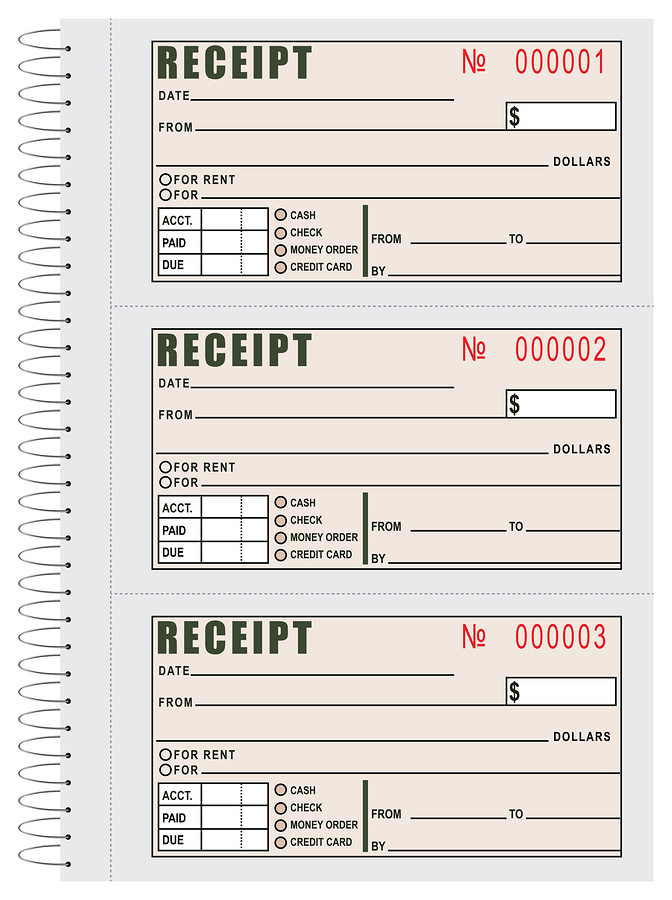Is your CPA qualified to do your taxes? Now that seems like a pretty dumb question right? Obviously CPAs do taxes and they’re smart so they can, right? So the answer should be yes. But to be honest, the real answer is: not always. And that’s been a pretty hot topic lately among tax professionals.
Here’s the story—The IRS has cracked down on tax preparers. They’ve started a new program where all preparers (even CPAs) must have something called a PTIN (Preparer Tax Identification Number) that goes on every tax return so they can be identified. They’ve also started a program that all tax preparers need to pass a test in order to get paid to prepare income taxes. People who pass the test are called Registered Tax Return Preparers (RTRPs). In addition to passing the test, RTRPs are required to take 15 hours of Continuing Professional Education credits every year.
Some people who do taxes do not have to take the RTRP test. Enrolled Agents (that’s what I am) don’t have to take the RTRP test because we already passed a series of tests that is more complex than the RTRP test. We’re licensed by the Department of Treasury, and we are required to take 24 income tax continuing education credits per year. Our licenses come up for renewal every three years, and we basically have our personal tax returns reviewed by the IRS before they grant us a new license. Because of our training, we can do things that RTRPs aren’t allowed to do. If you hire an EA, you know that person has had quite a bit of tax training and should be up to date on all the tax laws.
CPAs are another group that does not have to take the RTRP test. Once again, they’ve already passed the CPA exam—which is an even nastier test than the EA exam. (I often get into the EA versus CPA debate but I will concede that their test is harder than the EA exam.) CPA stands for Certified Public Accountant but one of my CPA friends says it stands for “the test is so awful I Couldn’t Pass it Again.” It is a bear of a test. CPAs are licensed by their respective states. They are also required to take continuing education credits to keep up their licenses—but here’s the problem—CPAs aren’t required to take any income tax education to maintain their licenses and do tax returns. None.
Many CPAs who prepare taxes take tax classes for their CPE credits—at least an update class. Update classes are important because the government changes the tax laws so frequently. There are hundreds of tax law changes every year—sometimes it seems like we get daily reports of new laws from Congress. Anyone who doesn’t at least take an update class every year shouldn’t be doing tax returns.
And that’s where the problem with CPAs doing tax returns lies—the ones who don’t keep up with the tax law. For every year that a CPA doesn’t update his tax education—there are more and more mistakes that happen. Sometimes it’s a little thing like a $30 telephone tax credit, maybe it’s a little bigger like missing a $400 making work pay credit. It was quite awhile ago now that the IRS changed the definition of a qualifying child for EIC purposes—you get that wrong on your tax return and you could be in big trouble. It was back in 2005 that the IRS changed the “uniform definition of a child” and I’m still seeing returns being prepared under the old rules. 2005!
I had a little “conversation” with someone who had incorrectly prepared my client’s tax return. (I was representing the fellow in an audit, but I hadn’t done the return.) “Well Missy, I’ve been doing taxes for over 20 years now and I think I know what I’m doing.” That was the problem—he didn’t know what he was doing, that’s why the client was being audited. The tax rules today are not the tax rules of 20 years ago. Heck! They’re not even the same rules as last year! (By the way, don’t call me Missy either.)
So how do you know if you’ve got yourself a CPA who knows taxes or not? Unless the IRS decides to monitor CPA training or licensing, the only way to protect yourself from a CPA who doesn’t really know taxes is to ask questions, the big one being—did you take a tax update class this year? Any CPA who takes tax season seriously did. Any CPA who didn’t take a tax update class doesn’t—and you should walk away.
There are competent, qualified CPAs out there who do a great job of preparing tax returns. Right now, there’s no way to tell who they are unless you take the time to ask questions. Until the IRS decides to officially identify the CPAs who are qualified to do taxes, asking questions is your only defense.










